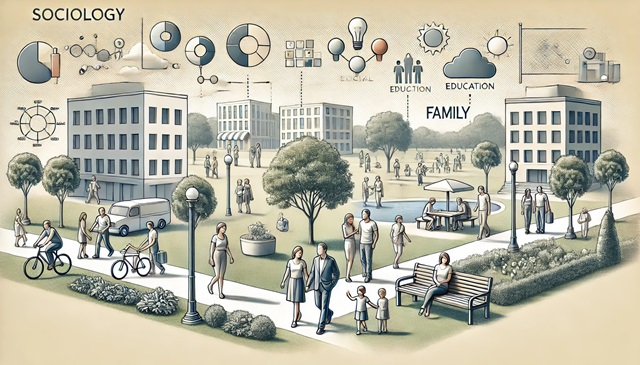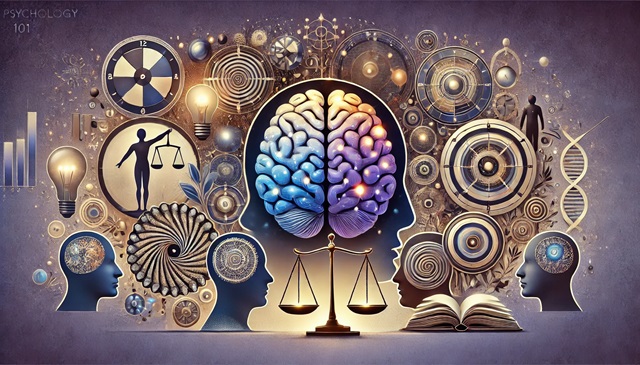Examining Personality Disorders
Introduction
In this article, you will be given definitions of the many sub-categories of personality disorder. You will be presented with a scenario wherein you will get to play "abnormal psychologist," and decide if the behavior is healthy, or unhealthy. Try to deduce, on your own, whether or not the behavior or reaction is one that requires professional help, before reading the answer.
Sub-Types of Personality Disorder
Paranoid
Schizoid
Characterized by a detached personality, schizoid sub-types prefer to be alone. They choose solitary activities and show little desire to join in group activities. They have no close friends or confidants, and the only close relationships they form are with parents or siblings. They are not shy, but rather have no desire for the company of others.
Schizotypal personality
Characterized by paranoid and schizoid personality types, schizotypal personalities also display eccentric behavior and may believe they have special powers or gifts. They are detached from others, with the exception of close family members. They are unlike paranoid and schizoid types, in that they often wish they could form close relationships with others, but their odd behavior keeps them from doing so. They are sometimes obsessed with superstitious or supernatural phenomena, and believe that everyday occurrences are meant solely for them.
Antisocial
Characterized by a persistent disregard for the feelings and rights of others. Antisocial sub-types are often psychopaths and sociopaths. They are very aggressive, and can be very violent. They show no remorse for hurting others, and do not see their bad behavior as being damaging, because they view other people as objects without feelings. This is the most studied personality disorder, and the one most diagnosed in serial killers, rapists, and pedophiles. Degrees of antisocial range from mild, to severe. Antisocials lie easily and often, without guilt or remorse; they can be very charming, and highly intelligent.
Borderline Personality Disorder
Narcissistic Personality Disorder
Characterized by a strong need for admiration, the narcissistic sub-type is grandiose, vain, and self-absorbed. They seek not only attention, as histronics do, but also admiration to the point of worship. They believe they are better than others, and unique or special in some way. They often alienate others with their grandiose behavior. This disorder is very rare, and only 1 percent of the population suffers from it.
Avoidant
Characterized by an extreme fear of criticism, avoidants generally shy away from others out of timidity. They have a very low self-image and believe that no one would want to be friends with them. They are overly sensitive to comments, and are very tense and clumsy around others.
Histrionic
Characterized by a need for constant attention, histrionic types are very dramatic and flamboyant. They seek to have the attention of everyone around them and will do whatever it takes to obtain that attention. They make and lose friends quickly and have a hard time maintaining long-term, close, lasting friendships. They are very flirtatious and sexually provocative.
Dependant
Characterized by an inability, or unwillingness, to care for themselves, dependants are very clingy and needy. They will often display highly submissive behavior, and tolerate all forms of mistreatment of others out of fear of being abandoned. Dependants have difficulty making decisions, expressing opinions, or developing their own interests. Because of their submissive behavior, they often end up in abusive relationships, from which they find it impossible to break out of.
You Decide
Scenario
Where you right? Jane is displaying unhealthy behaviors. She should seek professional help. She may be suffering from dependant personality disorder.
































